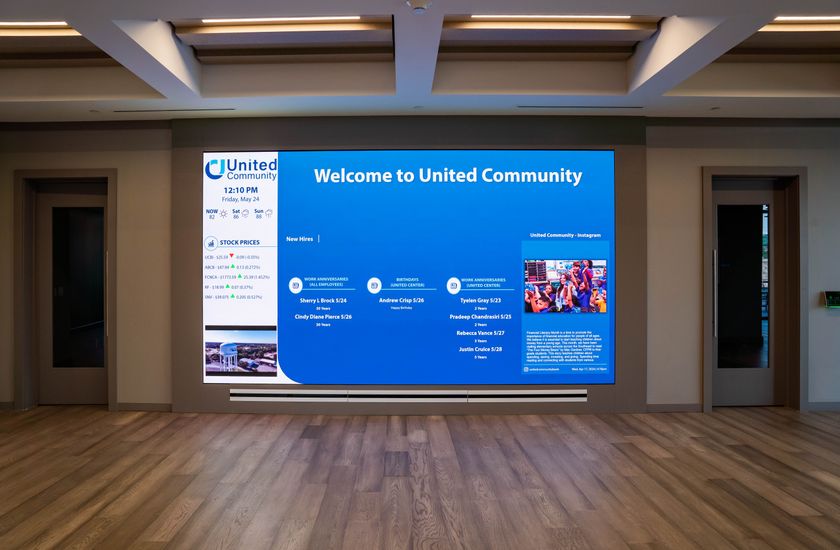The summer has almost passed us by, and will be giving way to warm autumn nights leading into fall. I’ve always connected the start of fall with by the arrival of CEDIA EXPO. This year the EXPO is again hosted in the fine city of Denver, CO, and it’s slated to be another high point in my year.
You are probably now wondering why I’m talking about CEDIA EXPO, a trade show focused on residential technology, in this magazine, which is primarily focused on the commercial market. But as an integrator whose company likes to bounce between both of these markets, I feel I’m uniquely qualified to speak about their correlation, and why the CEDIA EXPO should garner some attention from you.
Let’s take a look at where these two worlds cross over, because the commercial market continues to be influenced by the residential world. This is driven by demand from corporate decision makers for systems that operate and have the functionality of the systems they have at home. So what’s driving this?Simplicity
Decision makers are used to their home systems working seamlessly. Most residential AV firms focus on simplicity and ease of use (if they don’t, they definitely should), because their clients just want to come home and have their system work. When AV firms are working with corporate clients, many times there are on-staff technical people in-house who are able to work with the end users to help them along. This can prevent simplicity from being at the forefront of system design. Not to say that we as commercial integrators actively complicate things, but the bar for user interaction is sometimes set lower when we know that technical staff may be on hand to set up the room and assist end users with system operation.
When residential integrators design a system or room, they want to ensure that it works easily and flawlessly. Because when there is an issue that the user can’t fix, or a feature they can’t operate, they call the integrator back out to their home to resolve the issue. Hence, residential integrators usually build the most features possible into the simplest systems they can. Most successful residential integrators build custom systems, as opposed to generic package-based systems that usually result in complicated setups with unneeded features. Keep it simple to build better systems.Mobile Integration
Many of our corporate clients’ first exposure to real mobile integration features wasn’t at the office with a corporate-issue mobile device, but at home, often with their kids’ mobile devices. They experience using personal devices to send music and control that music in any and every room in the house. They experience using a mobile device to control their entire home entertainment system. They even experience their kids entertaining the family with YouTube videos sent wirelessly to TVs. And they want that same ease of control and functionality in the boardroom.
Unfortunately, we are seeing more and more of a lack of understanding from the commercial side of how mobile integration is done on the residential level. This is not to say that one market’s method is superior—it’s the thought that mobile integration is most likely stronger in the residential world as opposed to the commercial realm, where it seems to be more focused on BYOD than on mobile integration. It’s possible that there are some insights that can be gleaned from the residential world that may be beneficial to the corporate realm of mobile integration.
Anyone who wants to improve their business knows that you should take advantage of something good that you see in another industry or market, and take it back to your enterprise. That’s where CEDIA EXPO comes in. You can see all the innovation in the residential world that your clients will soon have in their homes, and will inevitably be asking for in their boardrooms and offices.
See you in Denver! Connect with me and I’d be happy to show you the ropes.











